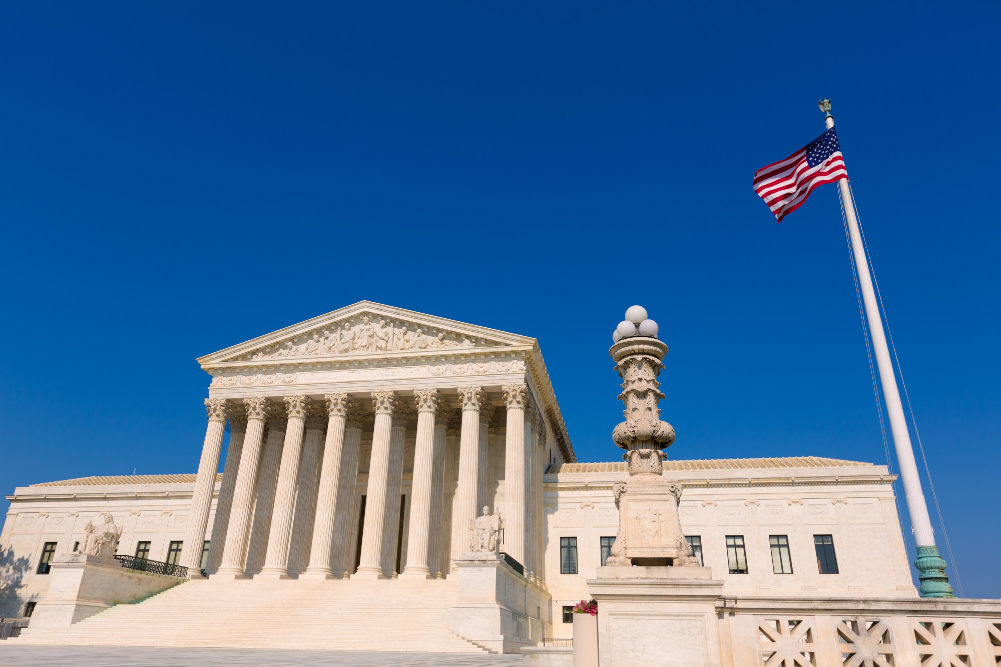On July 1, 2024, the United States Supreme Court decided the case of Trump v. United States. The principal issue concerned the nature and scope of presidential immunity from criminal prosecutions.
Chief Justice Roberts wrote for the 6-3 majority in relevant part: A federal grand jury indicted former President Donald J. Trump on four counts for conduct that occurred during his Presidency following the November 2020 election. The indictment alleged that after losing that election, Trump conspired to overturn it by spreading knowingly false claims of election fraud to obstruct the collecting, counting, and certifying of the election results. Trump moved to dismiss the indictment based on Presidential immunity, arguing that a President has absolute immunity from criminal prosecution for actions performed within the outer perimeter of his official responsibilities, and that the indictment’s allegations fell within the core of his official duties. The District Court denied Trump’s motion to dismiss, holding that former Presidents do not possess federal criminal immunity for any acts. The D.C. Circuit affirmed. Both the District Court and the D.C. Circuit declined to decide whether the indicted conduct involved official acts.
Under our constitutional structure of separated powers, the nature of Presidential power entitles a former President to absolute immunity from criminal prosecution for actions within his conclusive and preclusive constitutional authority. And he is entitled to at least presumptive immunity from prosecution for all his official acts. There is no immunity for unofficial acts.
This case is the first criminal prosecution in our Nation’s history of a former President for actions taken during his Presidency. Determining whether and under what circumstances such a prosecution may proceed requires careful assessment of the scope of Presidential power under the Constitution. The nature of that power requires that a former President have some immunity from criminal prosecution for official acts during his tenure in office. At least with respect to the President’s exercise of his core constitutional powers, this immunity must be absolute. As for his remaining official actions, he is entitled to at least presumptive immunity.
To hold that former presidents possess no immunity for any acts seems to ignore the nature of the presidency and statutes of limitations. There are term limits on United States Presidents and statutes of limitations typically give prosecutors five years from the date of an alleged crime to file charges. If there were no immunity for former presidents, every president could be prosecuted for an official act committed during their last four-year term.

